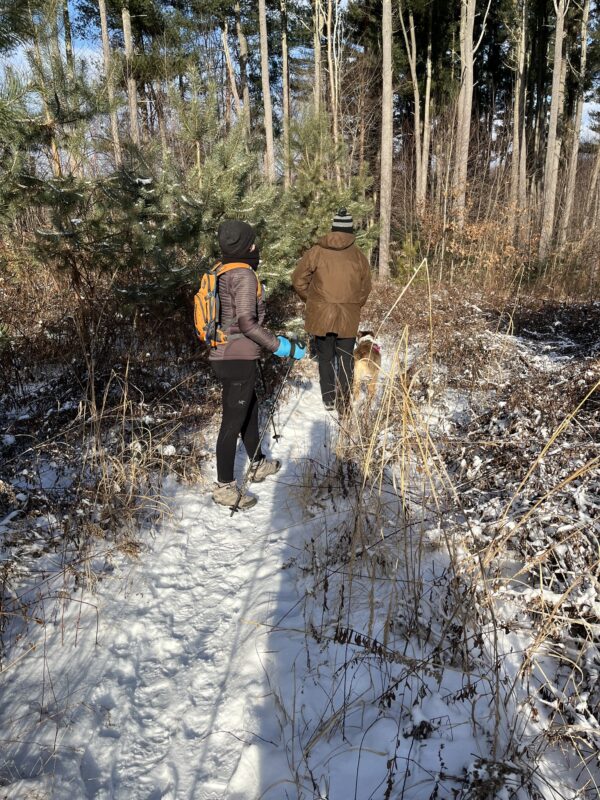
By Laura O’Reilly-Stanzilis RN MSM
Not always the fuzziest of topics but I will share my personal life if it makes one person get a screening!
So here’s the thing- everyone has a colon and everyone uses their colon. (Right?) So, it must be checked out just like any other body part.(This is Nurse Laura Speaking.)
Now Patient Laura’s story…
In 1988 I was diagnosed with Ulcerative Colitis and was told I would need to be screened annually after the age of 50. So, I am. And it’s not fun. Not even close. It is definitely the appointment that I try to put off but I know I need it the most. But I want to know what s going on because I know EARLY DETECTION SAVES LIVES. So far, so good!
Prep tip: Start eating light and switching to nutritious liquids a couple of days before the required prep. You know why…
I was also told I would be on medication the rest of my life. Fortunately, I am not. Early in my diagnosis I met with a dietition and did an elimination diet. Meat and processed meats (salami, salumi, etc.) never made it back into my diet. I became a vegetarian over 30 years ago and it has helped me. Each year after my scope, my wonderful Dr. says to me, “looks, great. Keep doing what you are doing!”.
Is my solution your solution? Not necessarily. But plenty of fruits and vegetables, lots of water, stress management and regular exercise are proven to be effective in reducing risk for colon cancer, and other cancers
And now, here are some facts.
Colorectal cancer is the third most common type of cancer in both men and women, and is the second leading cause of cancer death after lung cancer.
Many colorectal cancers can be prevented through regular screening, such as colonoscopy, as polyps found during screening can take as many as 10-15 years to develop into cancer. When colorectal cancer is found at an early stage before it has spread, the 5-year relative survival rate is about 90%, compared to only 11% for those diagnosed with Stage IV cancer.
Do this for yourself, and do this for those who love you #GetScreened
Although a leading cause of cancer death for both men and women, if detected early, colorectal cancer can be more easily and successfully treated.
There are often no signs or symptoms of colorectal cancer. Younger adults can develop colorectal cancer, but people over age 50 are at highest risk for colorectal cancer. The best way to prevent colorectal cancer is to get screened regularly starting at age 50.
Other risk factors include smoking, having a personal history or having a family history of colorectal cancer, having a personal history of inflammatory bowel disease, being overweight or obese, physical inactivity and heavy alcohol use.
Everyone can take these healthy steps to help prevent or detect colorectal cancer:
- Get screened starting at age 50
- Quit smoking and stay away from secondhand smoke
- Get active and eat healthy
Health Departments are recommending for screening tests to include both colonoscopy and stool-based testing for people at average risk. Many local offices of public health offer stool based tests. Contact your local health department to learn about their screening events.
A Healthy diet can not only help you to manage your weight, energy, and overall health, but it can also reduce colon cancer risk.
Certain types of diets can increase colorectal cancer risk. A diet that is high in red meats (such as beef, pork, lamb, or liver) and processed meats (such as hot dogs and some luncheon meats) can increase your risk for colorectal cancer.
Certain types of diets can lower colorectal cancer risk. Diets high in vegetables, fruits, and whole grains have been linked with a lower risk of colorectal cancer, but fiber supplements have not been shown to help.
Be your own best advocate and discuss your colon cancer risk with your healthcare provider.
Laura can be reached at laura@ftgwellness.com


